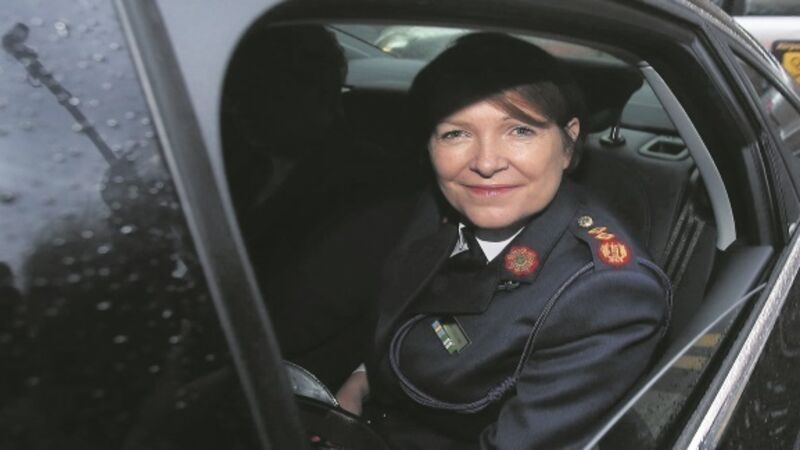Garda Commissioner still hiding in plain sight

AT THE Oireachtas justice committee hearing, the Garda commissioner hid in plain sight.
Nóirín O’Sullivan gave assured answers to a number of questions but revealed precious little.
Try from €1.50 / week
SUBSCRIBEAT THE Oireachtas justice committee hearing, the Garda commissioner hid in plain sight.
Nóirín O’Sullivan gave assured answers to a number of questions but revealed precious little.
Already a subscriber? Sign in
You have reached your article limit.
Annual €130 €80
Best value
Monthly €12€6 / month
Introductory offers for new customers. Annual billed once for first year. Renews at €130. Monthly initial discount (first 3 months) billed monthly, then €12 a month. Ts&Cs apply.
CONNECT WITH US TODAY
Be the first to know the latest news and updates
Newsletter
Sign up to the best reads of the week from irishexaminer.com selected just for you.

Select your favourite newsletters and get the best of Irish Examiner delivered to your inbox
Sunday, February 8, 2026 - 9:00 PM
Sunday, February 8, 2026 - 7:00 PM
Sunday, February 8, 2026 - 8:00 PM
© Examiner Echo Group Limited